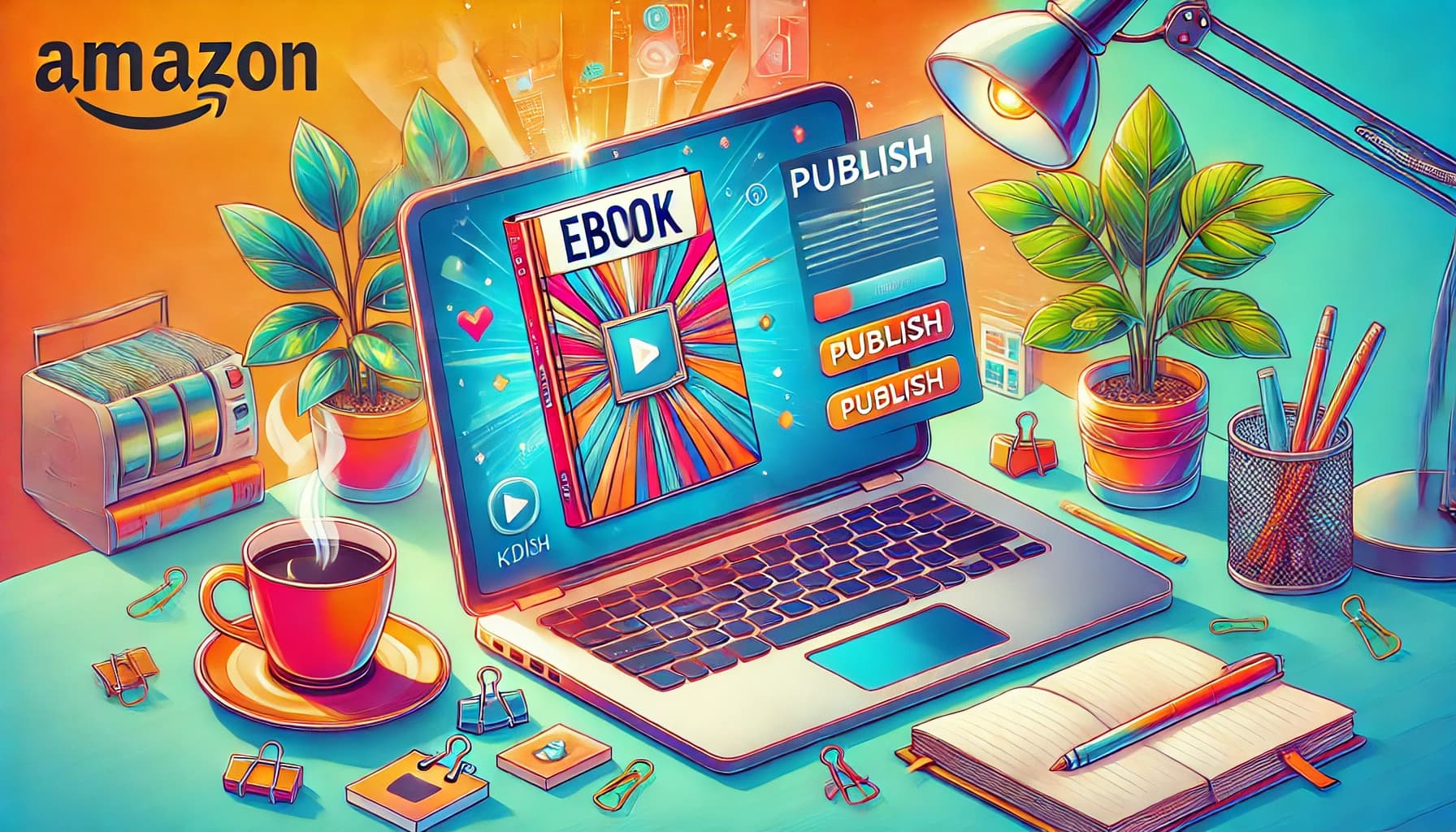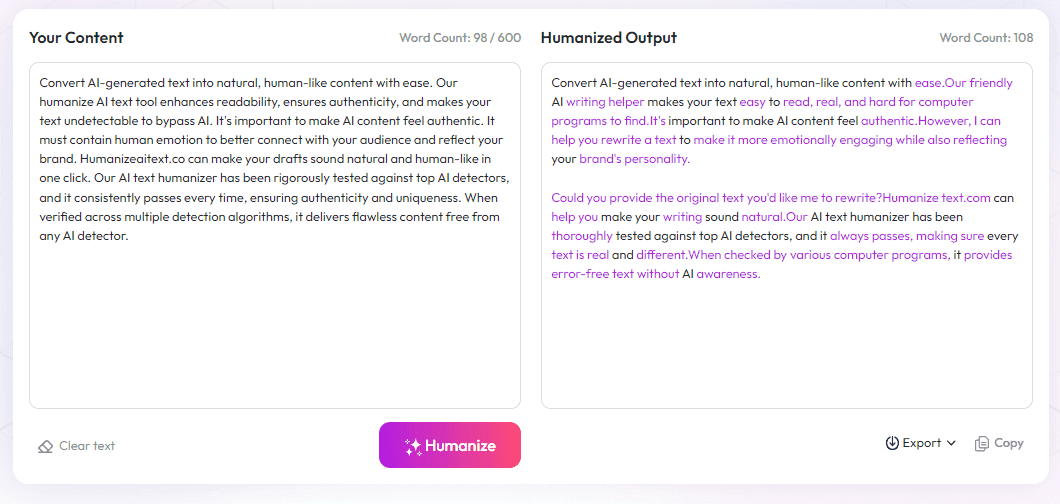Table of Contents
NFT book publishing is shaking up how authors share their work, giving them more control and a chance to sell directly to readers. If you’ve ever felt stuck with traditional publishing’s rules, you might find NFTs to be a breath of fresh air. Keep reading, and you’ll see real examples, benefits, and tips on how to navigate this new world for writers like you. Let’s explore how NFTs could change your writing journey for good.
Key Takeaways
Key Takeaways
- Authors can use NFTs to sell their books directly, keep more profits, and earn royalties on resales. They own and control their work fully without traditional publishers.
- Successful examples like Book.io and BookVolts show NFTs can generate big revenue, add extras like illustrations and videos, and make books more collectible and engaging.
- NFT publishing gives authors faster payments, full control over pricing and distribution, and the ability to add multimedia content, reaching a global audience easily.
- Challenges include legal issues around rights, market fluctuations, environmental concerns, technical barriers, and scams. Authors should stay informed and cautious.
- Marketing NFT books requires active social media work, collaborations, multimedia content, and clear buying instructions to grow your reader base and boost sales.
- The future looks bright for NFT book publishing, with more tools and platforms making it easier for authors to earn income, offer interactive content, and connect deeply with readers.

1. How NFTs Help Authors Own and Sell Their Books
NFTs (Non-Fungible Tokens) are transforming the way authors own and sell their work. Unlike traditional publishing, where publishers hold significant control, NFTs give authors direct ownership of their books via blockchain technology. This means authors can sell their books as digital assets without relying on middlemen, retaining more profits. When authors mint their books as NFTs, they create unique, verifiable digital copies that can be sold, traded, or resold on marketplaces, ensuring they benefit from secondary sales through smart contracts. For example, authors can set royalties so that every future sale automatically delivers a percentage back to them, a feature not easily possible with traditional publishing models. This shift empowers authors to build a direct relationship with readers and monetize their creative work more fairly.
2. Real Examples of NFT Book Publishing Cases
One standout success is Book.io, which launched 66 book editions over nine months, generating a remarkable $2.5 million in revenue. They used NFTs to release digital editions that buyers could trade or resell, creating a new revenue stream for authors and publishers. Another example is BookVolts, which reintroduced James Fahy’s 'Isle of Winds' series with NFT collections offering exclusive access to bonus content like maps, illustrations, audiobooks, and origin stories. Additionally, their collaboration with Dacre Stoker resulted in an NFT edition of Dracula, integrating multimedia elements, rare manuscript images from the Rosenbach Museum, and video analyses—showing how NFTs make books more immersive and collectible. These cases prove that NFT publishing is not just a gimmick but a viable way to expand the reach and revenue of literary works. For more insight into such models, you can visit various case studies on NFT publishing success.
https://automateed.com/what-is-a-mobi/
3. How NFT Publishing Benefits Authors Compared to Traditional Publishing
NFTs offer authors several advantages over traditional publishing routes. Firstly, they enable immediate income—authors receive royalties instantly via smart contracts whenever their NFT books are sold or resold. Traditional publishers rarely provide such quick or transparent payment structures. Secondly, authors maintain full control over their work, from pricing to distribution, without needing to go through editors or agents. This direct-to-reader approach also means authors can reach a global audience without traditional gatekeepers. Moreover, NFT sales often include additional multimedia content—like videos, artwork, or interactive elements—that enrich the reading experience and create more value. According to recent data, the NFT market's growth to over $80 billion by 2025 signals a promising landscape for authors looking to innovate beyond conventional methods.
For more on this topic, you can explore how authors are reshaping their careers by leveraging NFT publishing techniques.
https://automateed.com/how-to-increase-book-sales-on-amazon/

4. Challenges in Publishing Books with NFTs and What to Know
While NFT publishing opens new doors, it also comes with hurdles that authors need to be aware of.
Legal issues around版权 and intellectual property rights can get complicated when dealing with NFTs and blockchain transactions.
Many creators face confusion about copyright ownership—if you mint your book as an NFT, it's crucial to clarify what rights you’re transferring and retaining.
Market volatility is another concern; the NFT space can be unpredictable, and prices often fluctuate wildly, making it hard to set realistic expectations.
Environmental impact has been debated, as blockchain networks like Ethereum consume significant energy—though shifts to greener blockchains are happening.
Technical barriers can also create roadblocks; not all authors are tech-savvy, and setting up wallets, understanding smart contracts, or minting NFTs may require learning new skills.
Scams and counterfeit NFTs pose risks—be cautious about selling your work on dubious platforms or falling victim to impersonators.
Additionally, since the legal and financial frameworks around NFTs are still evolving, it’s wise to consult professionals to avoid future complications.
Understanding these challenges helps authors make smarter choices and avoid costly pitfalls when jumping into NFT publishing.
5. Effective Ways to Market NFT Books and Reach More Readers
Getting your NFT book in front of the right audience takes more than just listing it on a marketplace.
Start with social media; platforms like Twitter, Discord, and Reddit have active NFT communities where you can share your work and engage potential buyers.
Build an email list or community of supporters who are interested in digital collectibles and update them on new releases.
Collaborate with influencers or NFT artists to create buzz—sometimes a well-known name can bring your work to a larger audience.
Create compelling multimedia content—think short videos, behind-the-scenes looks, or sample chapters—to showcase the unique elements of your NFT.
Host virtual events, such as AMA (ask me anything) sessions or giveaways, to attract followers and encourage sharing.
Leverage traditional marketing channels too, like blogs and author websites, by embedding links to your NFT listings and explaining the value proposition.
Use targeted ads on social media or crypto-focused platforms to reach people already interested in NFTs or digital books.
And don’t forget to provide clear instructions on how to purchase and access your NFTs to reduce friction for new buyers.
Consistent engagement and putting your community first are the best ways to boost your NFT book’s visibility and sales.
6. The Future of NFT Book Publishing and What It Means for Authors
Looking ahead, NFT book publishing could move from a novelty to a mainstream extension of the literary world.
As blockchain technology becomes more user-friendly and accessible, more authors will find ways to embed NFTs into their publishing strategies.
Upcoming innovations like fractional ownership or collaborative NFTs may allow multiple readers to invest in or contribute to a book project.
Integration with existing e-book platforms and publishers could streamline the process, making NFT publishing a standard option alongside traditional methods.
Expect more publishers to experiment with multimedia elements—augmented reality, interactive graphics, or exclusive content—adding real value to digital books.
As regulation around digital assets clarifies, authors will hopefully see more protections and consistent standards, reducing risks.
Moreover, the growth of NFT marketplaces tailored for books could centralize the space, making it easier for authors and readers to connect.
All signs point to a future where authors harness the power of NFTs not only for monetization but also for building deeper relationships with their audiences.
Those who get in early and learn the ropes may find themselves leading new ways of storytelling and publishing in the years to come.
FAQs
NFTs give authors digital ownership of their books, allowing direct sales to readers. This reduces middlemen, increases royalties, and ensures authors retain control over their work and its distribution rights.
Some authors have sold limited edition ebooks as NFTs on platforms like OpenSea, while others release exclusive content or signed copies as NFT collectibles, reaching global audiences and generating new income streams.
NFT publishing offers more control, faster distribution, and better royalty options compared to traditional publishing. Authors retain ownership and can sell directly to readers without requiring publishers or intermediaries.
Challenges include market volatility, copyright concerns, technical complexity, and the need for authors to understand NFT platforms. Educating themselves and choosing reliable platforms can help mitigate these issues.



